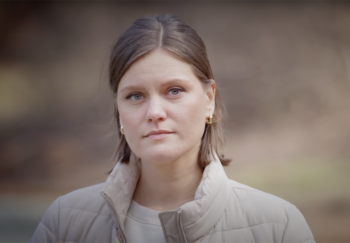
Watch Justine's story and learn the 3 keys to battling an aggressive breast cancer.
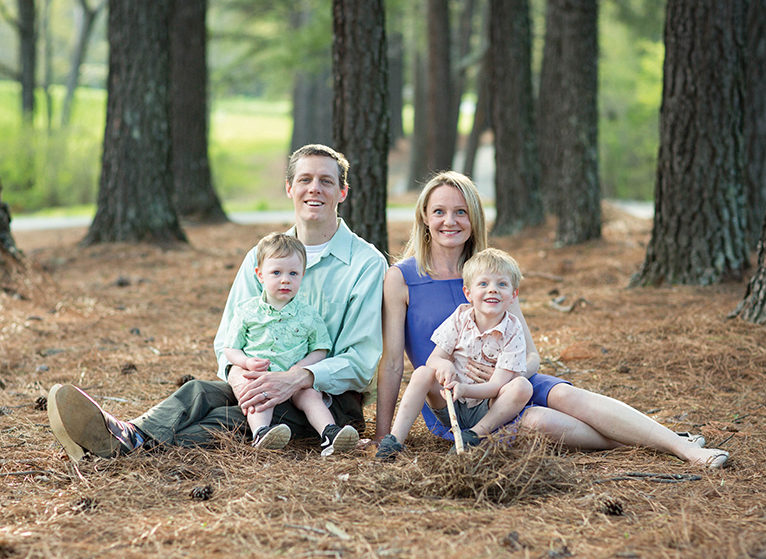
This statistic always gives me pause: About 1 in 8 of my female friends will develop breast cancer. But here’s the good news: Mammograms are now so good at picking up even the tiniest sign of cancer. This means anyone with breast tissue has an amazing chance of surviving breast cancer.
This breast cancer screening guide can get you started on the road to prevention.
Most of us should start getting regular mammograms at age 40. But some need them even earlier, like Nicole Kelleher. She started having them in her 30s. Why? She had a family history of breast cancer. Screenings discovered breast cancer when she was only 36.
There’s not one breast cancer screening guide for everyone. When and how you get screened will depend on your situation. The only rule we should all follow: Get screened.
Mammograms take an X-ray image of the breast. We now have 3D and even contrast-enhanced mammograms. These are even better at picking up breast cancer if you have dense breast tissue.
And if you’re at high risk, other imaging tools, like MRI or ultrasound, might be a better breast cancer screening for you. It’s important to discuss the best option with your provider.
Most women need a yearly screening. But Nicole needed one every 6 months. Her story has a happy ending because she was followed by our high-risk breast cancer team.
Breast cancer screening technology has come a long way. But so too has genetic testing. With a simple blood test, you can find out if you have any of the genetic mutations that might put you at high risk for breast cancer.
Ask yourself 6 key questions to see if you should see a genetic counselor.
Whether facing breast cancer or just worried about it, you’ll find expert care at UVA Health. Read on to meet the researchers, providers, and patients who have been through the journey.

Watch Justine's story and learn the 3 keys to battling an aggressive breast cancer.
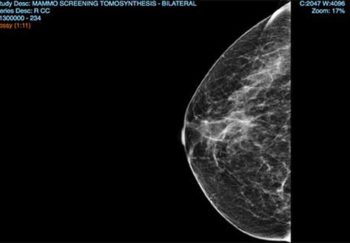
Avoiding a mammogram? These women's stories show why it's time to make that appointment.
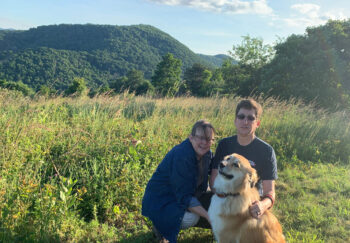
As a longtime stage 4 cancer survivor, Anne Woodward has defied the odds and shares tips on living a good life with metastatic breast cancer.
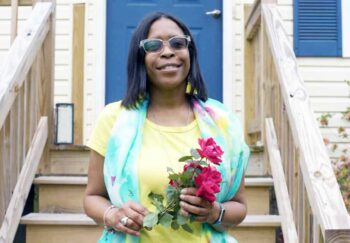
Sheila Boling lost her twin sister to breast cancer. Now she works to prevent breast cancer's greater toll in black women. Read her 6 tips.
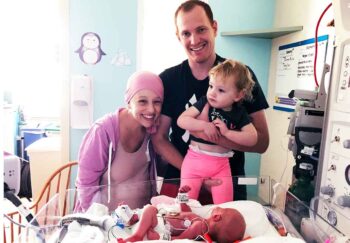
Having breast cancer during pregnancy could have been tragic. Would Dana's providers be able to save both her & her infant?
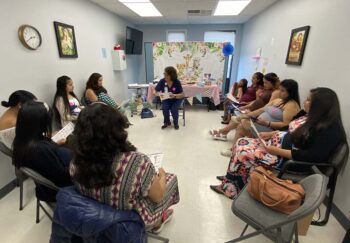
Learn how 3 doctors are leading the way in providing Latina women with access and care in key areas of pregnancy, heart disease, and cancer.
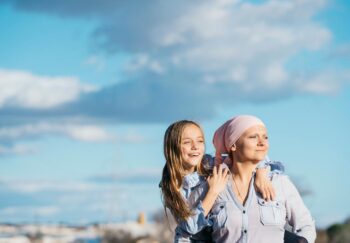
We shine a spotlight on cool cancer research matching cancer drugs to the right patient. Join us in thanking researchers for National Cancer Research Month.

Angelina Jolie had this procedure to reduce her risk of breast cancer. Should you?
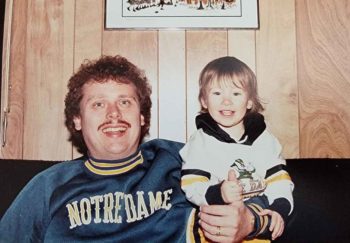
In addition to blue eyes and brown hair, Megan inherited a high risk for breast cancer from her dad. Learn how UVA Cancer Center experts help her protect her health.
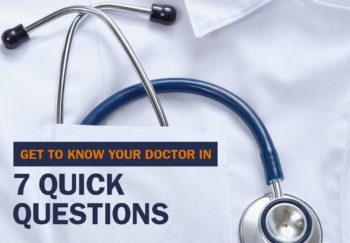
October is Breast Cancer Awareness Month. Learn how surgeon Lynn Dengel helps patients battle this disease.
Get stories & health tips every week